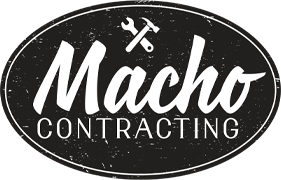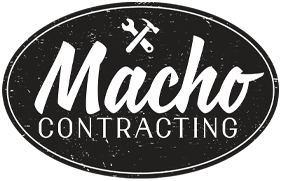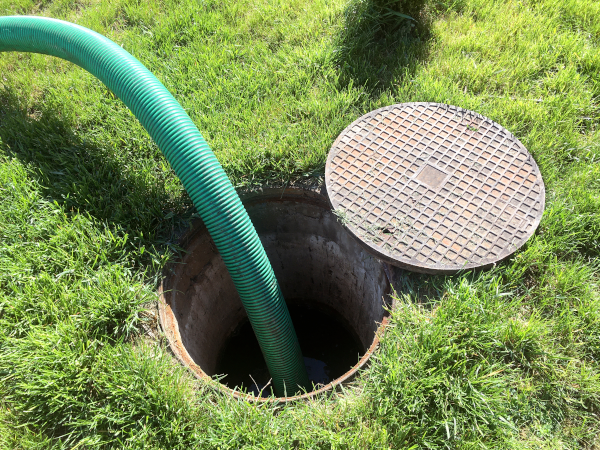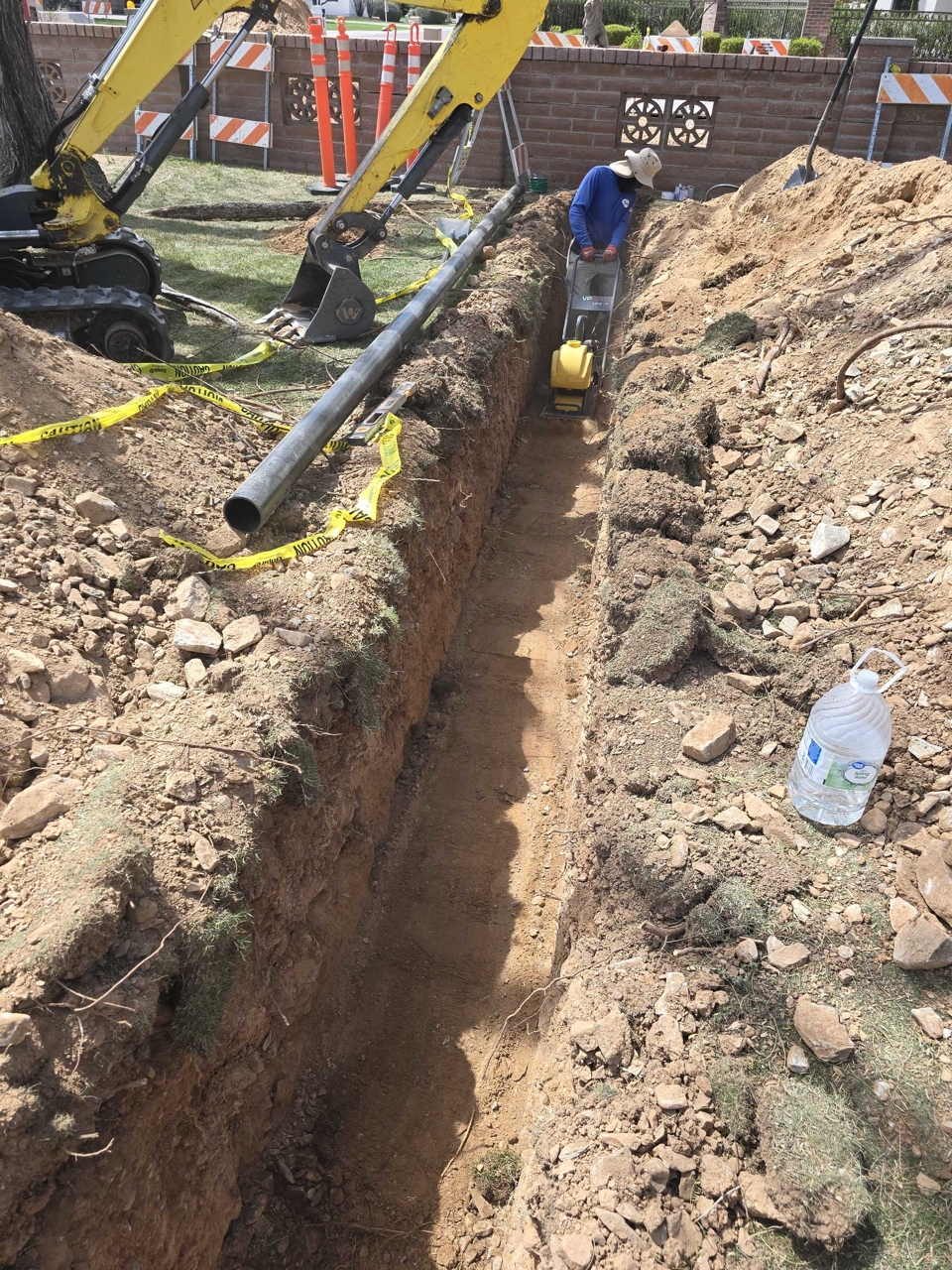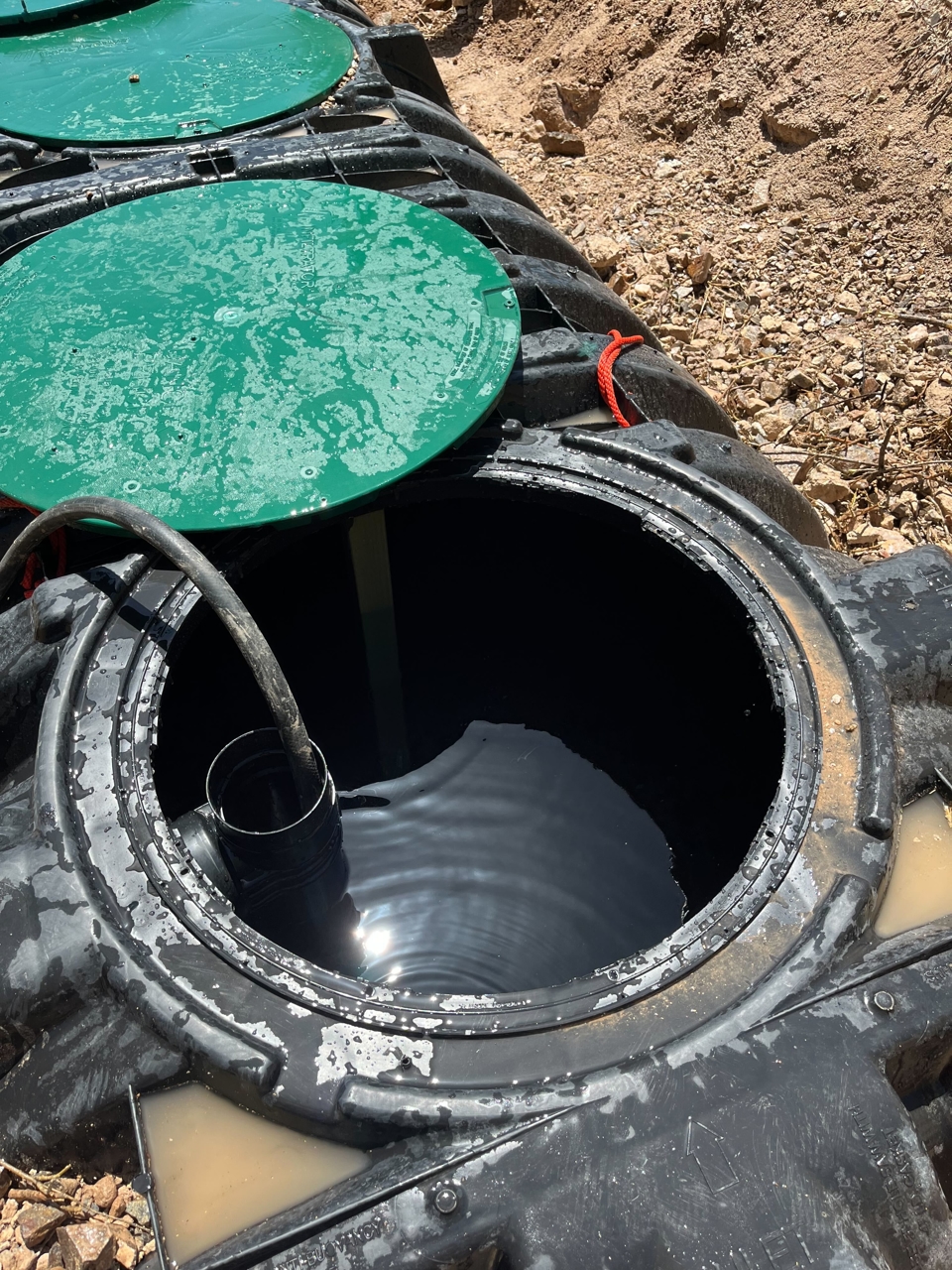If your home is not connected to the city sewage system, you probably have your own septic system. Since everything that drains from your home ends up in your septic tank, maintaining a healthy septic system is vital for proper function and longevity!
Septic pumping is the process of removing accumulated solids from the septic tank, preventing them from clogging the drainfield and compromising the system's functionality.
As a general rule, your septic tank needs to be pumped out every 3 to 5 years, so that the scum and sludge are cleaned out regularly. If you ignore the regular maintenance of your septic tank, you might end up having to replace the entire system which can be very costly.
The Importance of Scum and Sludge Levels:
In the septic tank, scum represents the uppermost layer, composed of oils, grease, and floating substances resulting from the decomposition of organic matter. This layer forms as lighter elements rise to the surface.
Sludge constitutes the lower layer, consisting of solid waste that resists easy decomposition. It encompasses denser particles that gradually settle over time, forming the bottommost layer in the tank.
Together, scum and sludge highlight the stratification that occurs within the septic tank, emphasizing the distinct phases of waste decomposition and settling.
Preventing System Failure: Regular pumping prevents scum and sludge from reaching critical levels, preventing system failure and costly repairs.
Preserving Drainfield Functionality: Excessive scum and sludge can clog the drainfield, leading to backups and potential environmental hazards.
Signs Your Septic Tank Needs Pumping:
Slow Drains: If you notice slow drainage in sinks, showers, and toilets, it could be a sign that your septic tank is reaching capacity.
Foul Odors: Unpleasant smells around your septic tank or drain field may indicate a buildup of sludge and scum, signaling the need for pumping.
Pooling Water: Water collecting around the septic tank or in the drain field, especially during dry weather, suggests a potential issue that requires attention.
Lush Grass: While a healthy lawn is desirable, an unusually lush and green patch above your septic tank or drain field may indicate a leak, requiring pumping.
Gurgling Sounds: If you hear gurgling sounds when flushing toilets or using sinks, it could be a sign of a full septic tank.
Sewage Backup: The most serious sign is sewage backing up into your home. If you notice this, it's crucial to address the issue promptly.
Avoid Additives:
Avoiding additives in your septic tank is important for maintaining its health and functionality. While marketed as enhancers for microbial activity or odor control, many additives can disrupt the natural balance within the tank. Septic systems rely on specific bacteria to break down solid waste, and introducing additives almost always does more harm than good. Some additives can accelerate the accumulation of scum and sludge, impeding the tank's efficiency.
Regular pumping not only prevents system failures but also contributes to a cleaner, more sustainable environment. Your septic system is resilient, but it still requires maintenance to run efficiently.
